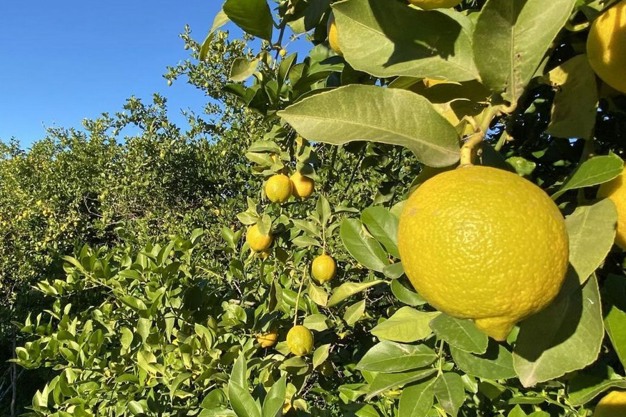ASAJA Murcia expects lemon production to decrease next season by 20% in the fino variety and 30% in the verna variety. This decrease is attributed to adverse weather conditions, the limitations and poor quality of irrigation water, the incidence of pests and diseases, and the reduction of crop management work due to a lack of profitability in the previous season.

The 2023-2024 campaign was disastrous for producers as prices were much lower than production costs. Things are expected to return to normal next season, with prices surpassing estimated costs that range between 22 and 28 cents per kg. However, the sector expects 30-40% of the production won't be suitable for export due to pests, aggravated by the limited availability of authorized phytosanitary products.
The association of Murcian producers has called on commercial operators and large retailers to assume the real costs of production and avoid abusive commercial margins. The organization has also criticized EU restrictions on the use of phytosanitary products, which puts the health of the plantations at risk, and demanded faster action from the Ministry of Agriculture in the authorization of active materials.
Moreover, according to estimates, orange and mandarin production will decrease by 10% and grapefruit production by 5%, ensuring a balanced supply to the market. Finally, ASAJA Murcia demands stricter control of citrus imports from third countries, both in phytosanitary terms and compliance with authorized quotas to protect local production and guarantee the quality of the products offered in the EU.
For more information:
ASAJA Murcia
asajamurcia.com
